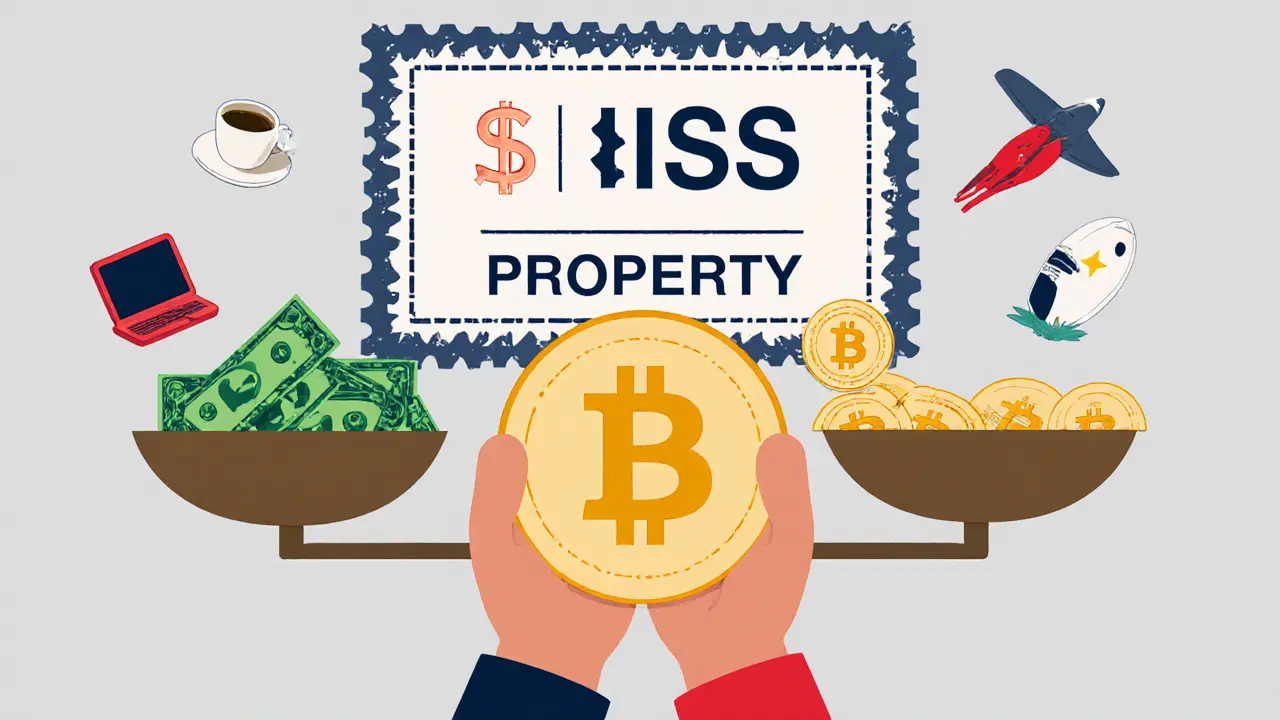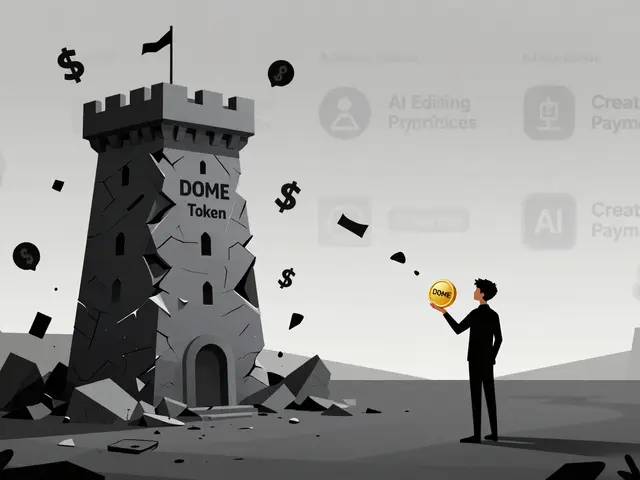Cryptocurrency Capital Gains: What You Owe and How to Report It
When you sell, trade, or spend cryptocurrency capital gains, the profit you make from selling digital assets like Bitcoin or Ethereum after buying them at a lower price. Also known as crypto profits, it’s not just a tech term—it’s taxable income the IRS treats like stocks or real estate. If you bought $1,000 worth of Ethereum and sold it for $2,500, that $1,500 difference is a capital gain—and you owe taxes on it. No matter how small the trade, if you made money, the government wants its cut.
What trips people up is thinking that swapping one crypto for another isn’t a taxable event. It is. Trading ETH for SOL? That’s a sale of ETH and a purchase of SOL. You must track the cost basis, the original purchase price of your crypto, including fees and purchase timing for every coin you own. Without it, you’re guessing your taxes. And if you received crypto as a gift or inheritance, you’re now responsible for reporting it too. Starting in 2025, the IRS requires Form 1099-DA, a new tax form designed specifically to track digital asset transactions for all crypto sales, trades, and transfers above certain thresholds.
It’s not just about selling. Staking rewards, airdrops, and mining income all count as ordinary income when you receive them. But the real headache comes later—when you sell those tokens. Each time you move crypto, you’re creating a new taxable event. That’s why people end up owing thousands they didn’t expect. The IRS isn’t just targeting big traders anymore. They’re auditing small wallets, cross-referencing exchange data, and matching wallet addresses to tax filings. If you didn’t track your transactions, you’re at risk.
What you’ll find here isn’t theory. It’s real cases: someone who inherited Bitcoin and missed the tax deadline, a trader who didn’t realize swapping tokens triggered a gain, and a user who got an airdrop and thought it was free money—until the tax bill arrived. We break down what’s required, what’s optional, and what happens if you ignore it. No fluff. No fearmongering. Just what you need to know to stay compliant and avoid penalties.
Crypto as Property: US Tax Treatment for Bitcoin
The IRS treats Bitcoin as property, not currency, meaning every trade, spend, or swap triggers a taxable event. Learn how capital gains, record-keeping, and airdrops affect your tax bill in 2025.





